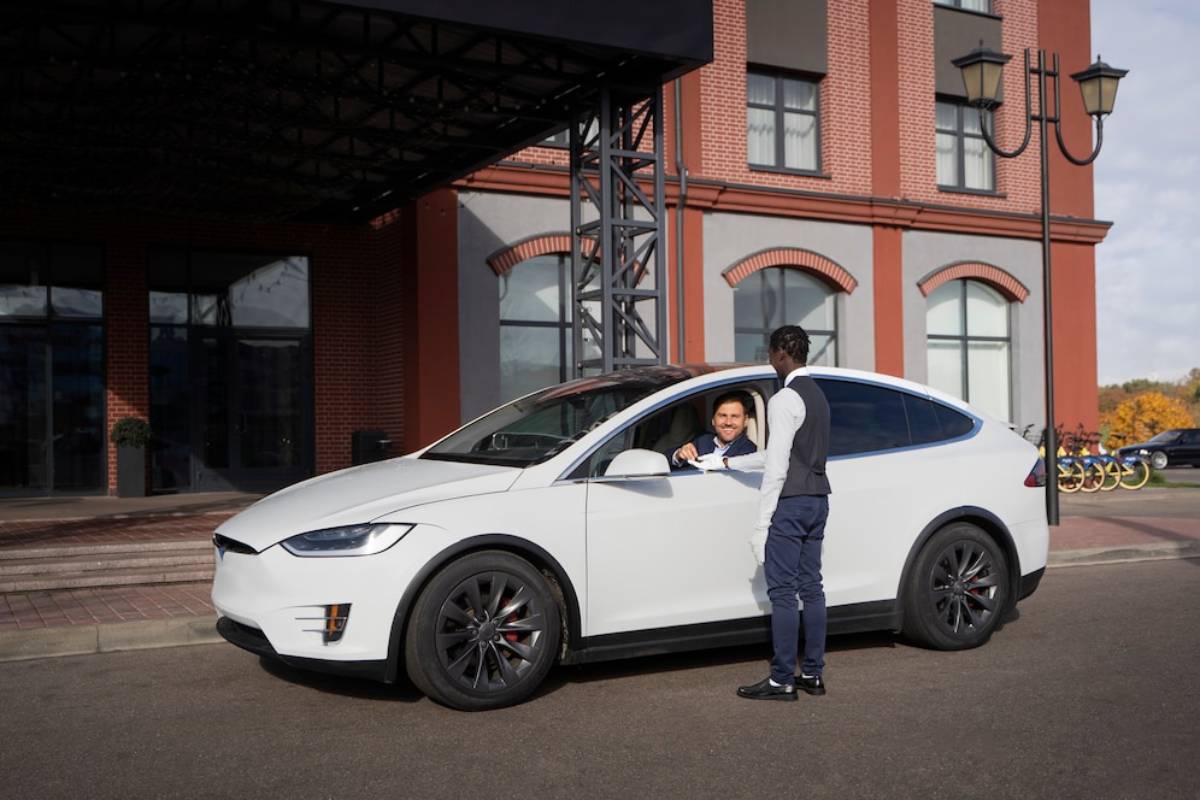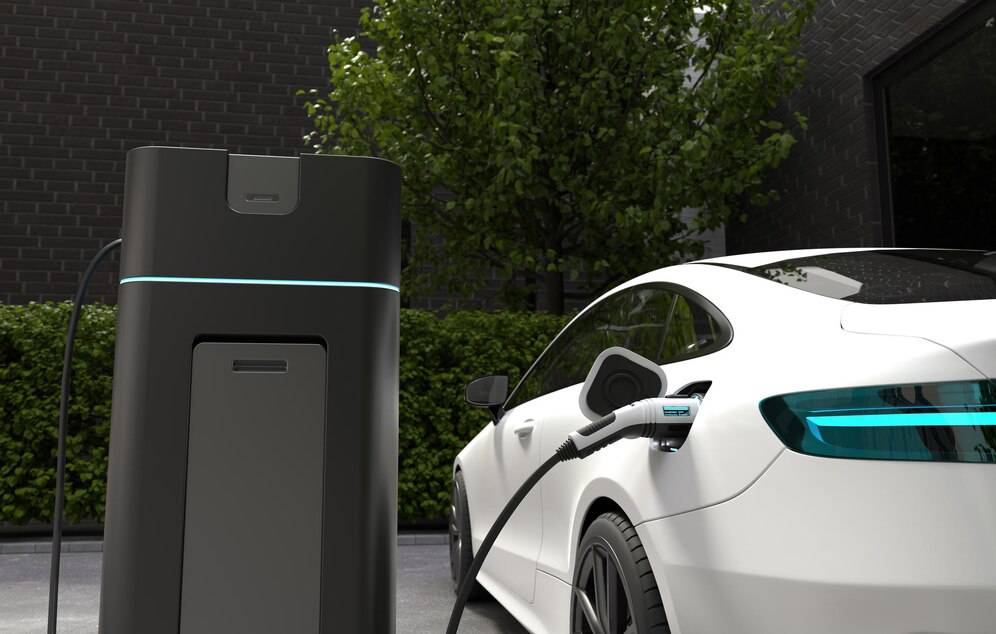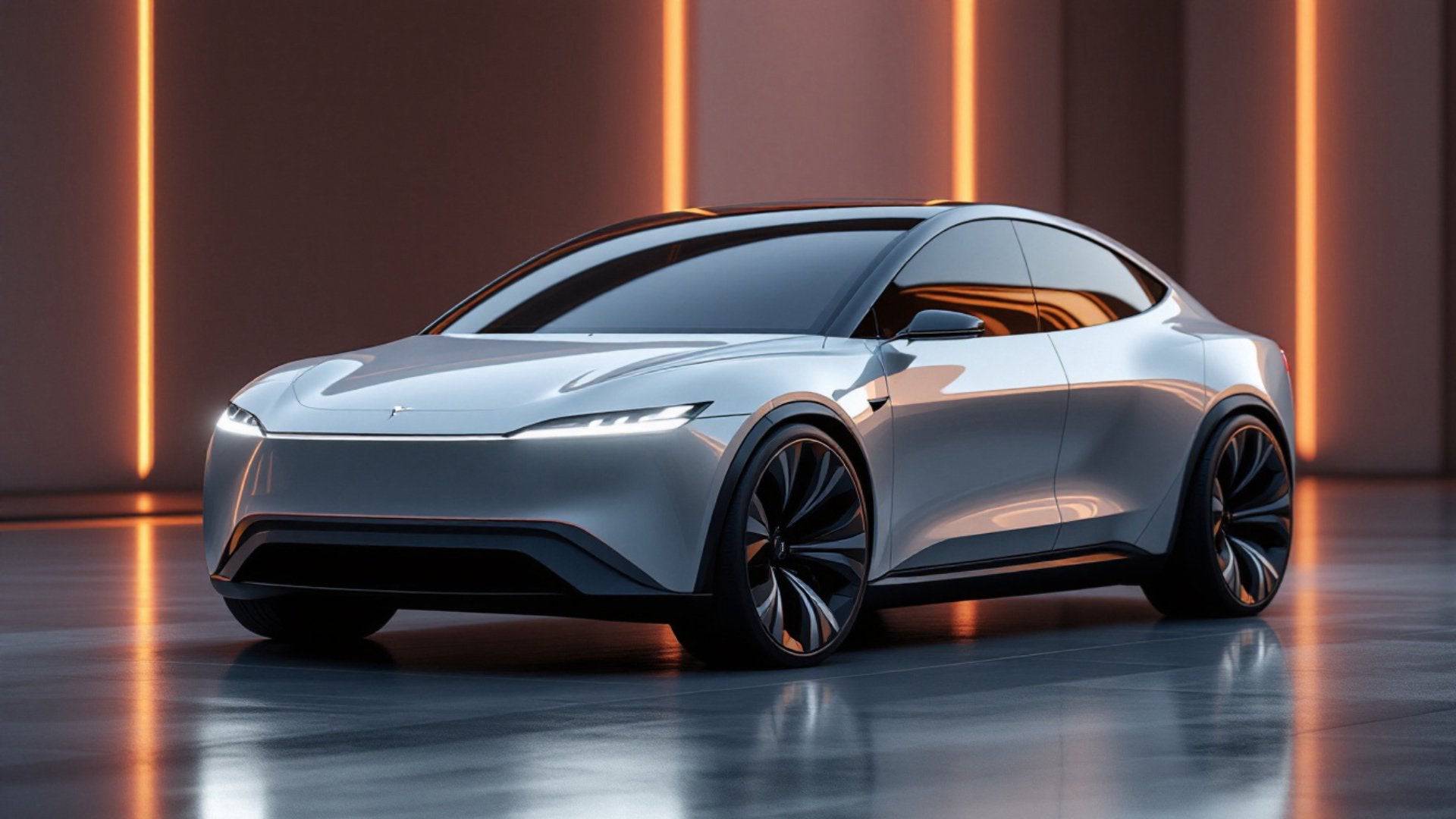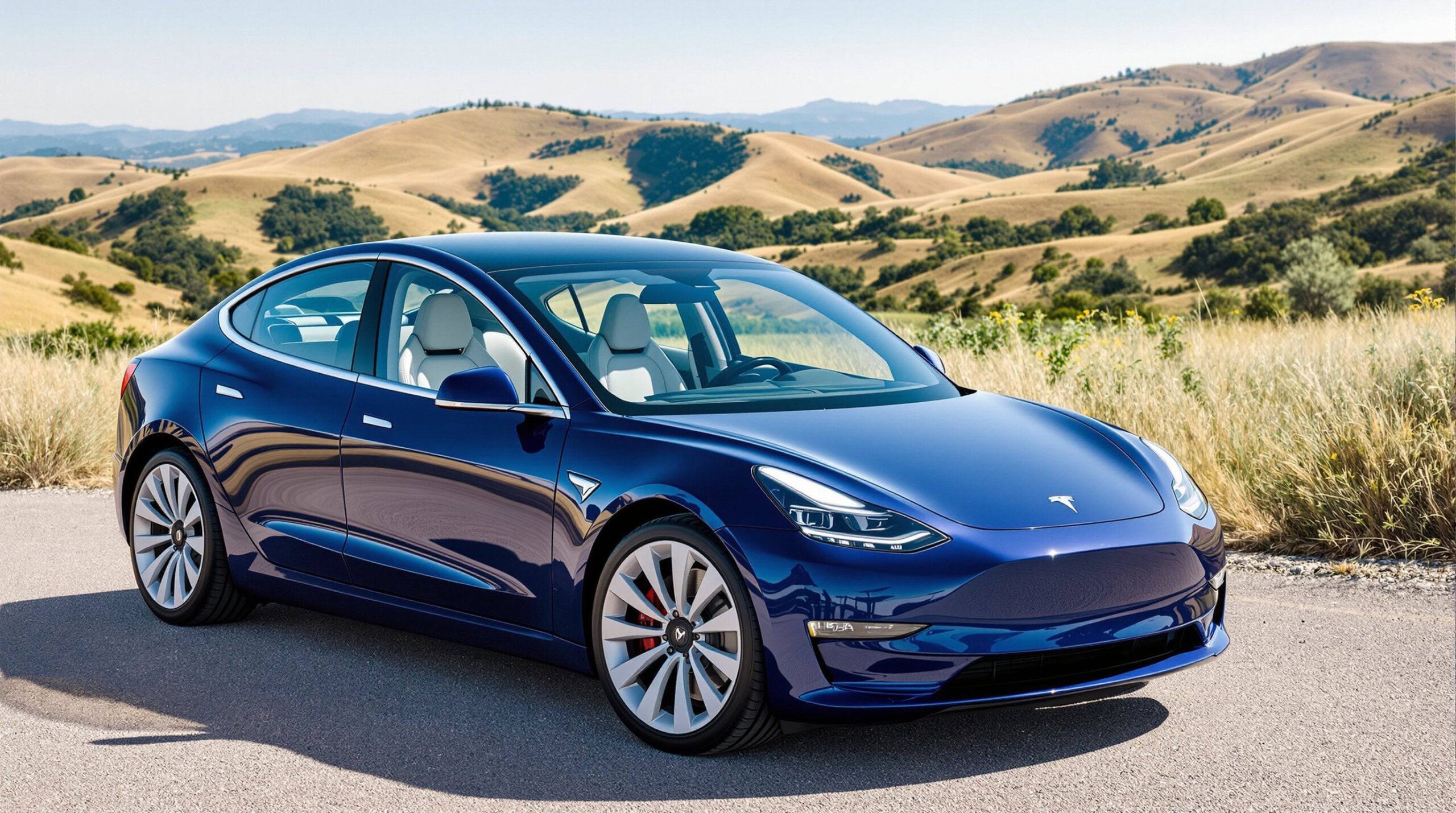
Tesla vs. Traditional Automakers: Which EV Should You Buy?
Electric vehicles (EVs) have surged in popularity, offering eco-friendly alternatives to traditional petrol and diesel cars. Among the myriad of options, Tesla has long been a dominant force, but traditional automakers like Ford and Mercedes-Benz, and emerging players such as BYD are rapidly advancing their EV offerings. This comprehensive guide delves into the comparisons between Tesla and its competitors, aiding you in making an informed decision on which EV suits your needs best.
The Rise of Electric Vehicles

The automotive industry is undergoing a significant transformation. With increasing environmental concerns and stringent emission regulations, both new and established manufacturers are investing heavily in electric mobility. This shift not only promises reduced carbon footprints but also introduces innovative technologies and driving experiences.
Tesla: The Pioneer in Electric Mobility

Tesla, founded in 2003, has been at the forefront of the EV revolution. Their commitment to innovation, performance, and sustainability has set high standards in the industry.
Key Models
- Model 3: A compact sedan offering a blend of performance and affordability.
- Model S: A luxury sedan known for its impressive range and acceleration.
- Model X: An SUV that combines space with performance, featuring distinctive falcon-wing doors.
- Model Y: A compact SUV catering to the growing demand for crossover vehicles.
Advantages of Tesla

- Supercharger Network: Tesla’s proprietary charging infrastructure ensures fast and convenient charging globally.
- Autopilot: Advanced driver-assistance features that enhance safety and convenience.
- Over-the-Air Updates: Regular software updates introduce new features and improvements without visiting service centres.
Traditional Automakers Enter the EV Arena
Recognising the shift towards electrification, traditional automakers have introduced compelling EV models, challenging Tesla’s dominance.
Ford’s Electric Lineup
Ford has made significant strides in the EV market, introducing models that blend their legacy with modern electric technology.
Ford Mustang Mach-E
Inspired by the iconic Mustang, the Mach-E is a sporty SUV that offers:
- Performance: Rapid acceleration with a range of powertrains.
- Range: Competitive driving range suitable for daily commutes and longer trips.
- Technology: An intuitive infotainment system with over-the-air updates.
Additionally, Ford’s collaboration with Tesla has expanded charging options for its EV owners, enhancing the overall ownership experience.
Mercedes-Benz’s Electrification Strategy
Mercedes-Benz has revamped its approach to electrification, introducing models like the upcoming CLA sedan. This vehicle will utilise the new MMA platform, designed for both electric and hybrid configurations, offering:
- Extended Range: Up to 750 km on a single charge.
- Advanced Technology: Features like brake-by-wire and Level 2++ autonomous driving assistance.
- Luxury and Comfort: Maintaining Mercedes-Benz’s reputation for premium interiors and ride quality.
The CLA is set to debut as an EV in 2025, reflecting the brand’s commitment to sustainable mobility.
BYD: The Emerging Contender
Chinese manufacturer BYD has rapidly gained attention with its innovative EVs, such as the Atto 3 and Seal models.
BYD Atto 3
A compact crossover SUV featuring:
- Design: Modern aesthetics with a spacious interior.
- Performance: Efficient electric motors offer a balanced blend of power and range.
- Safety: Achieved a 5-star rating in Euro NCAP safety tests.
The Atto 3 has garnered accolades, including the 2022 New Zealand Car of the Year and the 2023 Drive Car of the Year Best Electric Vehicle Under $70,000.
BYD Seal
A mid-size fastback sedan that offers:
- Performance: Multiple powertrain options, including dual-motor all-wheel-drive configurations.
- Range: Capable of covering significant distances on a single charge, catering to both urban and long-distance drivers.
- Recognition: Shortlisted in the top 10 for the 2024-2025 Japan Car of the Year, marking a significant achievement for a Chinese-made car.
The Seal exemplifies BYD’s commitment to quality and innovation in the EV sector.
Comparing Tesla and Its Competitors
When considering an EV purchase, it’s essential to evaluate various factors to determine the best fit for your needs.
Performance and Range
- Tesla: Known for impressive acceleration and substantial driving ranges across its models.
- Ford Mustang Mach-E: Offers competitive performance with rapid acceleration and a commendable range.
- Mercedes-Benz CLA EV: Projected to provide up to 750 km on a single charge, positioning it as a leader in range.
- BYD Atto 3 and Seal: Both models offer efficient performance with ranges suitable for various driving needs.
Charging Infrastructure
- Tesla: Boasts an extensive Supercharger network, ensuring convenient and fast charging.
- Ford: Through collaborations, Ford owners can access Tesla’s Superchargers, enhancing charging options.
- Mercedes-Benz and BYD: Rely on third-party charging networks, which are expanding but may vary by region.
Price and Value: Evaluating Investment
Pricing remains a pivotal factor in the EV decision-making process. Tesla’s vehicles are positioned in the premium segment, which may not align with all budgets. Conversely, brands like BYD and Hyundai offer more affordable options without compromising on quality. The BYD Seal, for instance, provides a competitive price point with commendable performance and range, making it an attractive alternative.
Addressing Common Concerns
Battery Longevity and Maintenance: Advancements in battery technology have improved durability, with many manufacturers offering extensive warranties.
Resale Value: Tesla’s strong brand recognition has historically supported higher resale values. However, as other brands gain prominence and consumer trust, their resale values are expected to stabilise.
Environmental Impact: All EVs contribute to reduced tailpipe emissions. Prospective buyers should also consider the manufacturer’s sustainability practices and the vehicle’s overall lifecycle impact.
Conclusion: Making an Informed Choice
The decision between purchasing a Tesla or opting for a competitor’s EV hinges on individual priorities, including performance, design preferences, technological features, and budget constraints. Tesla continues to lead in certain aspects, but traditional automakers and new entrants are rapidly innovating, offering compelling alternatives. Prospective buyers are encouraged to conduct thorough research, test drive various models, and assess how each vehicle aligns with their lifestyle and values.


